American Critics of Hindu Nationalism Risk Sustained Attacks
This article was first published in TwoCircles.net.
by Pieter Friedrich
When US Senator and then-presidential candidate Bernie Sanders criticized then President Donald Trump’s “failure of leadership on human rights” for having dismissed the issue of the February 2020 anti-Muslim pogrom in Delhi as “up to India,” it was not long before a senior leader of India’s ruling Bharatiya Janata Party (BJP) openly threatened interference.
“How much ever neutral we wish to be you compel us to play a role in Presidential elections,” responded BJP National Secretary BL Santhosh to Sanders on Twitter. Santhosh deleted his Tweet within hours, but the message was clear: any international criticism of affairs in an India ruled by the Hindu nationalist BJP would prompt a harsh backlash. The incentive for such backlash was equally clear considering top BJP officials were implicated in instigating
Threats against Sanders, however, are far from the first time that critics of Hindu nationalism — and the movement’s actions — have faced such backlash. As American awareness and, consequently, criticism of Hindu nationalism (or “Hindutva”) spreads, attacks on critics correspondingly escalate. Politicians, academics, journalists such as myself, and even prominent interfaith bodies have endured pressure, censure, and protest for years.
One of the most recent and sustained onslaughts occurred in September 2021, when faculty from over 50 mostly US-based universities organized an online conference called Dismantling Global Hindutva (DGH). In reprisal, they faced everything from denunciations to death threats.
Ram Madhav — a BJP General Secretary and former spokesperson of the party’s ideological parent, the Rashtriya Swayamsevak Sangh (RSS) paramilitary — denounced DGH as “nothing but a front to attack Hindu religion and culture.” Leading up to the conference, branches of RSS’s international wing, the Hindu Swayamsevak Sangh (HSS), were among its most vocal opponents.
HSS-UK “vehemently” condemned the conference as “anti-Hindu/anti-India,” while HSS-USA claimed that discussion of the religious-nationalist ideology of Hindutva would “amplify Hinduphobia, encourage Hindu hate, and incite violence against the minority Hindu population.”
Yet the only violence — or threat of it — occurred against conference organizers and speakers. Death and rape threats forced many to withdraw from the event. One shocking email even warned organizers: “If this event will take place then I will become Osama bin Laden and will kill all the speakers.”
“More than 1m emails were sent to the presidents, provosts and officials at universities involved in the conference pressuring them to withdraw and dismiss staff who were participating, pointing to an organised campaign by groups in India and the US,” reported The Guardian. “At Drew University in New Jersey, more than 30,000 emails were received in just a few minutes, causing the university server to crash.”
“The backlash was a concerted, somewhat coordinated effort among the many arms of the global Hindu Right,” Dr. Rohit Chopra, an organizer and professor at Santa Clara University, told me. “When a million emails are sent to universities in protest, so much so that one university’s server crashed in a few minutes, there has to be a coordinated effort and one engineered by an entity with significant resources. Whether that was the RSS, the BJP IT cell, a Hindu Right organization in the US, or some combination thereof — we don’t know. But just as politicians in India claim riots are spontaneous when we know they are engineered for political gains, there was nothing spontaneous about this backlash.”
In fact, the backlash against those who speak against Hindu nationalism — or, in one case, simply disassociate from Hindu nationalist outfits — has a long history. One of the earliest waves of pushback against Hindutva’s American critics began in 2013 just as the BJP mobilized its election machinery in India to make Narendra Modi Prime Minister.
In September 2013, the Council for a Parliament of the World’s Religions (CPWR) withdrew from a Chicago event organized by Vishwa Hindu Parishad of America (VHPA). One reason was VHPA’s association with India’s VHP, which is the religious wing of the RSS. Another was co-sponsorship of the event by Overseas Friends of the BJP (OFBJP), the BJP’s international front which, in 2020, registered as a foreign agent in America. Yet another was the involvement of BJP speakers at a time when the party’s candidate for Prime Minister, Modi, was still banned from entering the US.
CPWR’s disassociation provoked an outcry. In a coalition letter issued by American Hindus Against Defamation (a project of VHPA), signatories accused the interfaith body of “lack of understanding and respect” which “jeopardized the reputation and credibility of CPWR.” Insisting it was now necessary to “heal relations with the Hindu and Indian community,” they demanded a public apology.
The few national signatories to the letter included HSS-USA and Hindu American Foundation (HAF).
In December 2013, HAF “launched a major campaign” to block US House Resolution 417, which was not only perhaps the most significant congressional attempt to warn against the “violent agenda” advanced by “strands of the Hindu nationalist movement” but also affirmed Modi’s ban on entry to the US. Every congressional representative who backed the resolution received a visit from HAF, revealing a staffer in one such office. He added that HAF was “definitely trying to undermine anyone in Washington who is critical of Modi.”
Incidentally, HAF had only three board members at the time, including Rishi Bhutada. He joined HAF’s board in 2012, the same year that he became Vice-President of Finance for a large industrial corporation founded by his father, Ramesh, who is vice-president of HSS-USA.
The same month that HAF, with Rishi as one of its top leaders, began working to block a congressional resolution critical of Modi, Ramesh spoke at an OFBJP rally in Houston, TX. “We are not only for BJP, but for a strong India, and we consider Narendra Modi and BJP to be strong vehicles for the same,” said Ramesh at the rally. In early 2014, while HAF was still campaigning against H. Res. 417, the senior Bhutada was organizing US-based call-centres to urge Indian voters to support the BJP and even “inspired and encouraged” a team to travel to India to campaign directly for Modi.
Modi was elected and the resolution failed, but HAF did not forget one of its initial sponsors: then-Congressman Keith Ellison, the first Muslim ever elected to US Congress.
In 2016, as Ellison was being considered for chair of the Democratic National Committee, HAF voiced “concerns,” saying they were “disturbed” by his “legislative activism against India,” citing H. Res. 417 in particular. Their complaints compelled him to join a conference call with them (as well as, among others, HSS-USA and VHPA); remarkably, he caved on his concerns about Modi’s role in the 2002 Gujarat Pogrom, calling it a “closed issue.”
The only other congressional representative reported as on the call was then Congresswoman Tulsi Gabbard, who later made Indian headlines in 2018 after publicly withdrawing from the World Hindu Congress (WHC) in Chicago, an event hosted by VHPA.
To protest the choice of RSS Chief Mohan Bhagwat as WHC’s keynote speaker, several young South Asian activists — mostly women — infiltrated the conference to raise a banner and chant anti-RSS slogans. They were swiftly assaulted, spat upon, and even choked by attendees. A year later, VHPA filed a lawsuit against them seeking $500,000 in “damages.”
Meanwhile, Gabbard had long faced allegations of close ties to Hindu nationalist outfits like HSS-USA, VHPA, and OFBJP.
In a January 2019 op-ed, she denounced such allegations as “religious bigotry and attempts to foment fear of Hindus.” In March 2019, as she ran for the presidency, she repeated that tactic when I questioned her at a campaign rally about her direct interactions with the RSS itself. Dodging the question, she said, “It is this kind of attacks that are rooted in religious bigotry that we must stand together and condemn.”
Yet Hindu-American Congressman Ro Khanna seemed to disagree. In August 2019, after I published a comprehensive investigation of Gabbard’s Hindutva links, Khanna affirmed the article on Twitter as “important,” adding, “It’s the duty of every American politician of Hindu faith to stand for pluralism, reject Hindutva, and speak for equal rights for Hindus, Muslims, Sikhs, Buddhist[s] & Christians.”
Khanna’s simple statement soon made him yet another Hindutva critic to face targeted backlash.
In September 2019, HAF hand-delivered a coalition letter — including signatures by HSS-USA and VHPA — to his office, demanding he retract the Tweet. In October, 25-30 alleged members of HSS protested him (as well as myself) outside one of his constituent town halls. By month’s end, local businessman Ritesh Tandon announced he would challenge Khanna. Boasting that his father was “a strong RSS person,” Tandon admitted he was largely motivated to run by the congressman’s anti-Hindutva position.
In contrast to that position, Tandon spent his first month on the campaign trail in frequent company with former OFBJP President Chandru
Although Khanna refused to reverse his statement, Congressman Tom Suozzi succumbed to pressure when he faced backlash in August 2019 for a letter expressing concerns about Kashmir after the abrogation of Article 370, including that “the Modi government’s move could embolden Hindu nationalists to engage in acts of violence and discrimination against India’s minority religious groups.”
The outcry was led by Jagdish Sewhani, who pressured Suozzi to attend a community meeting where Sewhani lectured the congressman about his “tone and tenor,” claimed it “hurt” Indian-Americans, and demanded he withdraws it.
Yet not all local Indian-Americans shared the outrage. As one local community leader noted, “A group of people with vested interests attacked him for his letter.” Perhaps he meant Sewhani, who has reportedly served as a coordinator for HSS as well as on the National Executive Committee of OFBJP, of which he is reportedly a founding member. Allegedly an intimate associate of Modi, he not only organized US-based efforts to support Modi’s election but personally reports travelling to India in 2014 to serve as “part of Modi-Ji’s campaign team” and participate in “brainstorming sessions.”
Despite the vested interests — that is, the crystal clear pro-BJP bias — of those pressuring him, Suozzi issued a public apology.
Other members of Congress who have dared to speak up about the Kashmir issue have also faced backlash. In 2019, after Congresswoman Pramila Jayapal — herself an Indian-American — introduced a resolution on Kashmir, she was accused of having “betrayed” her community, HAF denounced it as an “anti-Hindu, anti-India resolution,” and India’s External Affairs Minister refused to attend a congressional meeting because she would be there. In 2020, after Congresswoman Rashida Tlaib introduced a similar resolution, the Bhutada family sent her challenger a surge of campaign donations.
Attacks on critics of Hindutva, however, have, in some instances today, passed beyond peaceful pressure and protests.
One of the most ominous incidents was in late 2020. Dr Vinayak Chaturvedi — a noted scholar on Hindutva who is writing an upcoming book about VD Savarkar, who popularized the term — was on the phone with his octogenarian parents when they told him armed police were outside their home. Police reported they had received an anonymous tip that Chaturvedi’s mother had, in a Zoom call, been witnessed shooting a person. The elderly couple, it turned out, were victims of swatting: a malicious tactic to weaponize police against innocent people by falsely reporting a violent crime.
Considering his parents had previously been harassed due to their son’s work on Hindutva, Chaturvedi concluded that the swatting incident “has all the traces of the invisible hand of the Right that is no longer interested in intellectual debate.”
“Scholars who conduct research on India are also aware that they are being monitored on their campuses here in the United States,” Chaturvedi later noted. “American organizations that propagate Hindutva and are sympathetic to Modi, the BJP, and the Sangh Parivar have trained their scrutiny on the American academy.”
Dr Audrey Truschke of Rutgers University is among the most prominent and regularly outspoken American academics to criticize both the Modi government and Hindu nationalist ideology. The outcome has been a nonstop onslaught of death threats. “For more than five years, I have received hate mail from Hindu nationalists or Hindu supremacists nearly every single day,” she said in 2021. “I have been the target of so many death and rape threats that I have lost count.” Even her young children are routinely threatened.
As a journalist focused on Hindutva, I can identify at least a little bit. I’ve been physically assaulted while protesting Modi’s 2015 visit to America, roughly manhandled by Gabbard staff while protesting her, repeatedly attacked in print by HAF, protested (as mentioned) by HSS, regularly threatened with violence on social media, and faced attempts to dox not only myself but my family.
“India has no doubt become quite dangerous for visible critics of Hindutva since 2014,” Dr. Chopra told me. “I should emphasize that it is people on the ground in India combating the vile ideology of Hindutva who deserve the bulk of praise and support. They are on the frontlines.”
He adds, “The backlash will also continue in the US, unfortunately, but it is also heartening that academics, journalists, and critics of the Hindu Right here are standing firm and pushing back.”
Yet the sentiments of the Hindu Right says Chopra, “do not trump constitutional rights, democratic principles, the principle of free inquiry.” Although critics of Hindutva in America may continue to face escalating attacks, they can stand strong and take courage in the protection offered by the rule of law — something which Hindutva critics in India (who are often also its victims) cannot, unfortunately, currently rely upon.
Indeed, as the violence of Hindutva continues to grow unabated in India, its critics in America — particularly considering they are both legally and physically in a far more secure position — have a duty to continue to expose and oppose the Hindu nationalist movement despite the backlash.
Pieter Friedrich is a freelance journalist specializing in the analysis of South Asian affairs. He is the author of “Saffron Fascists: India’s Hindu Nationalist Rulers” and co-author of “Captivating the Simple-Hearted: A Struggle for Human Dignity in the Indian Subcontinent.”






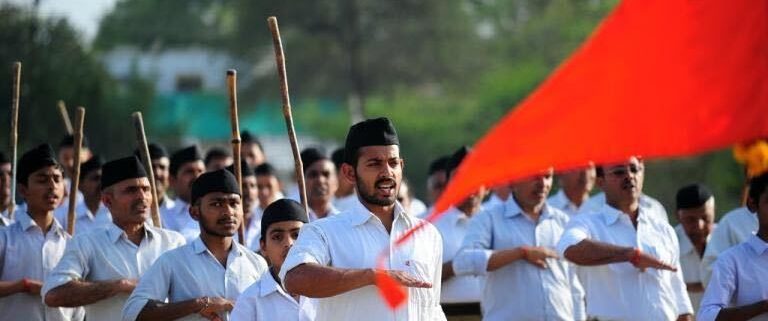



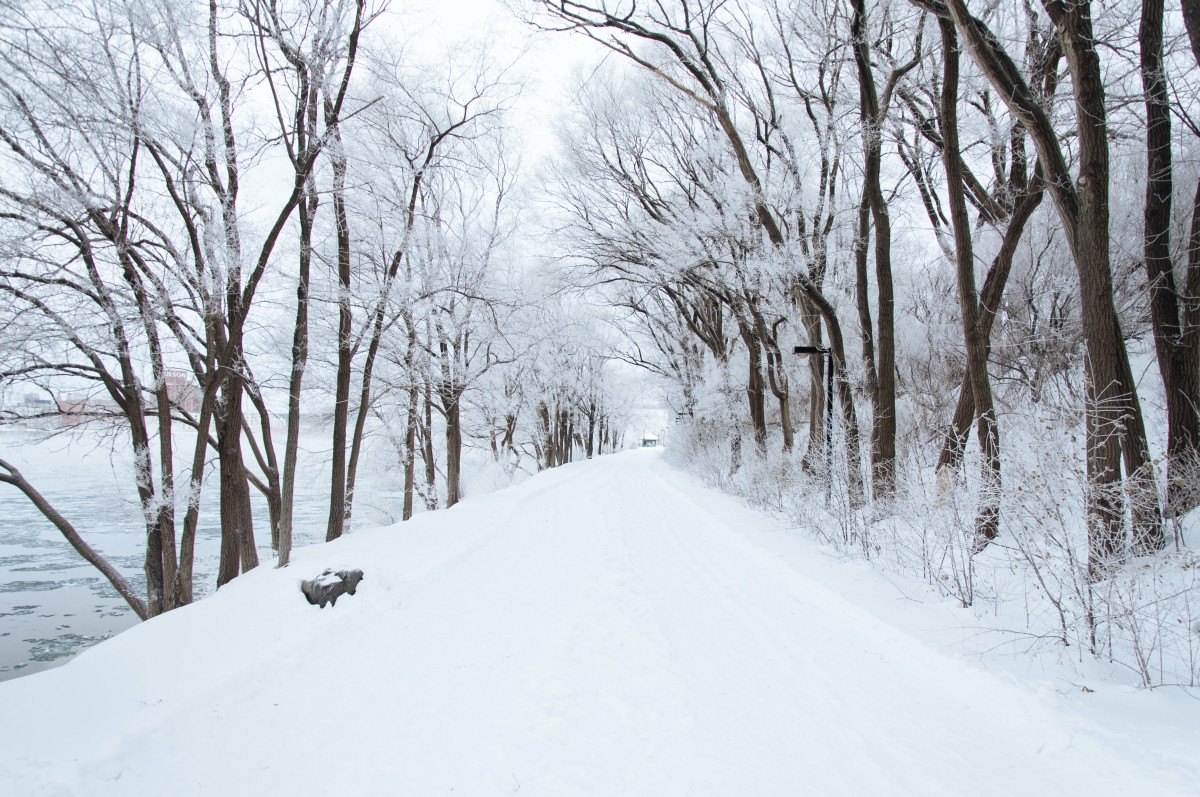
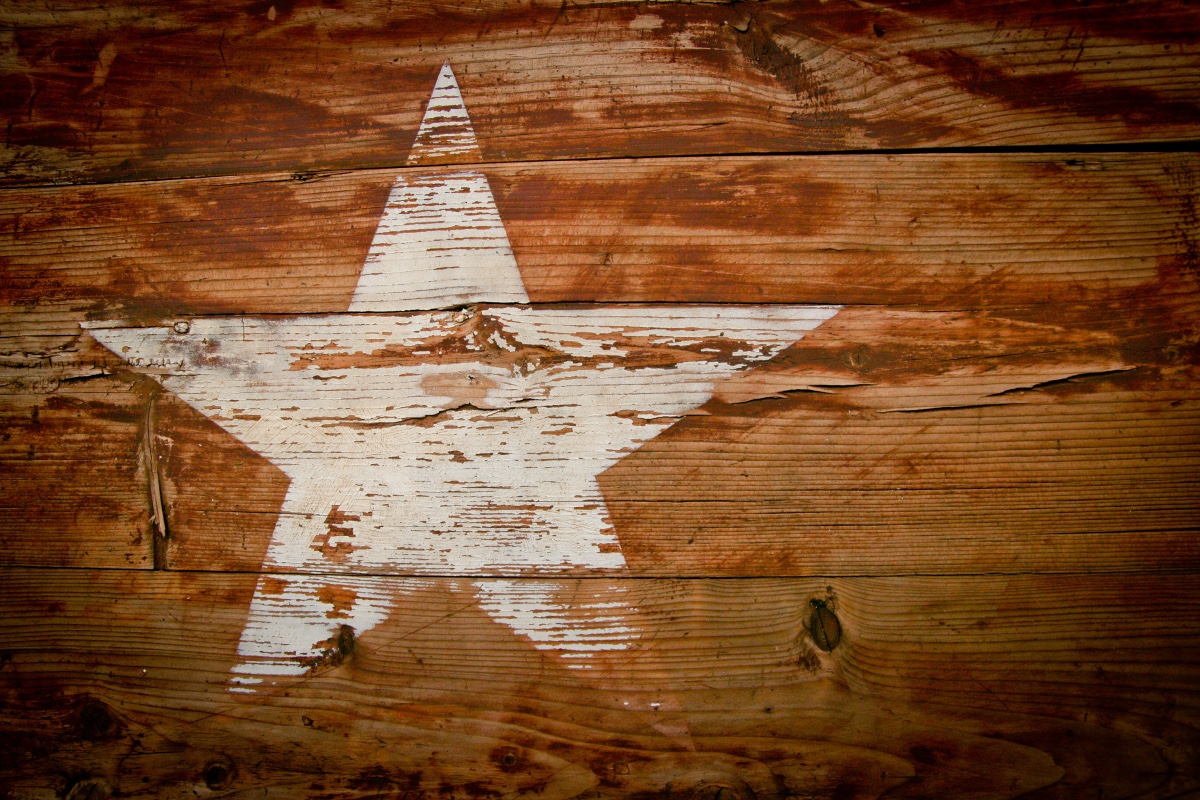
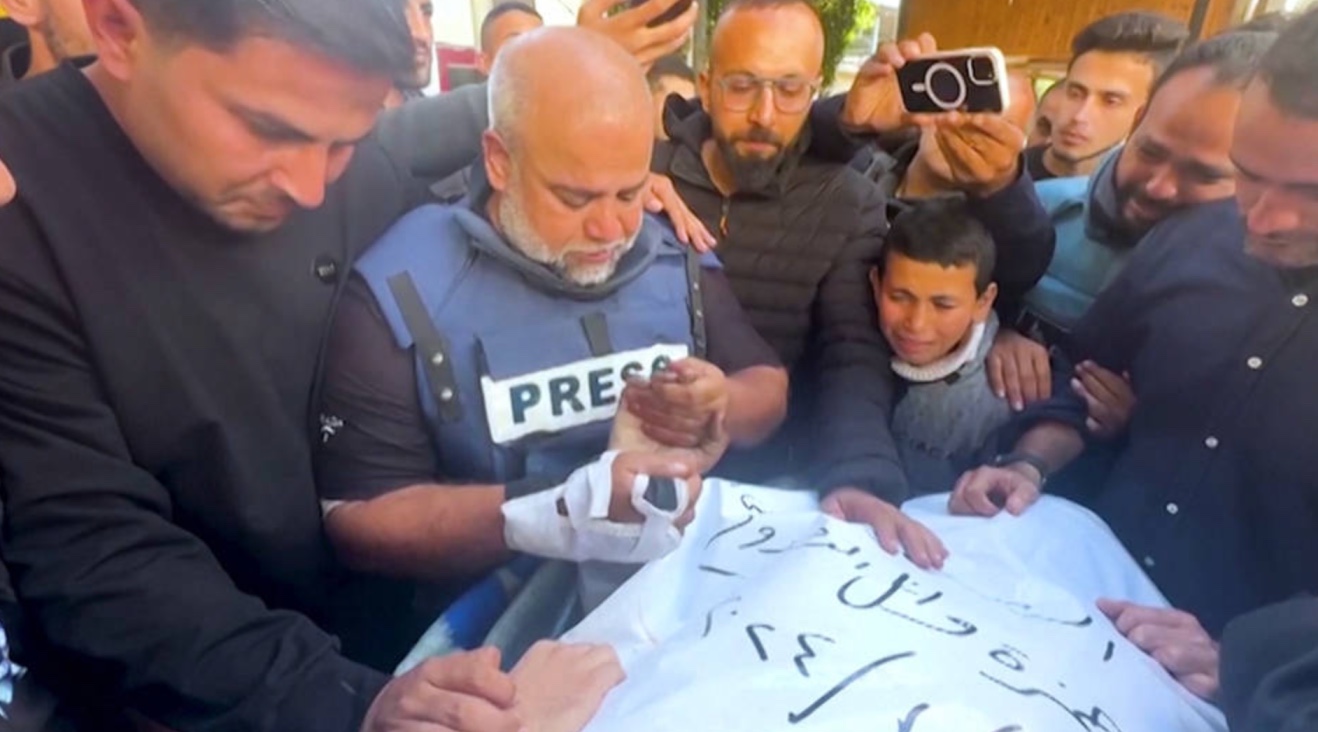
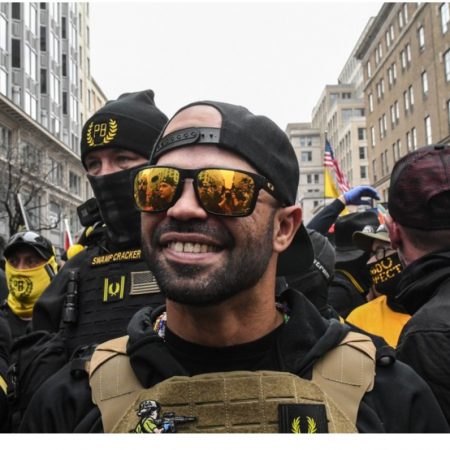
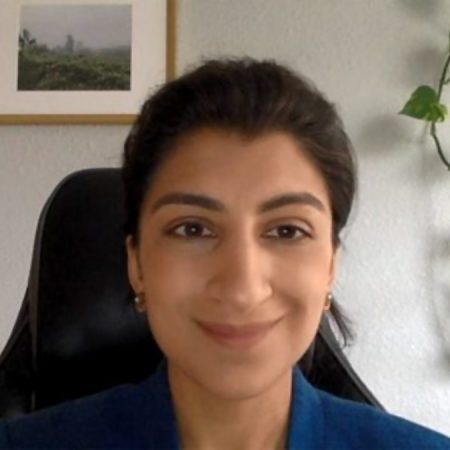






2022
3,612 views
views
0
comments